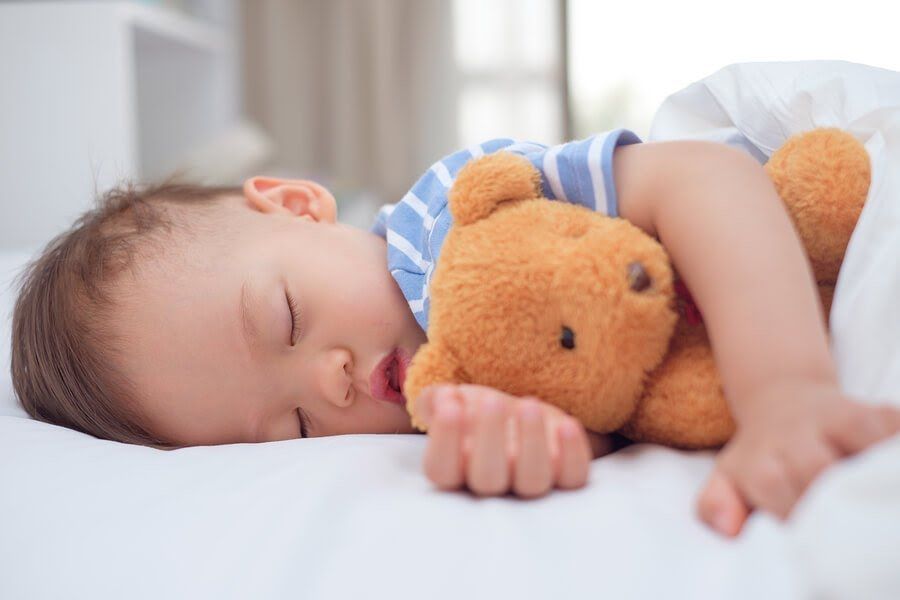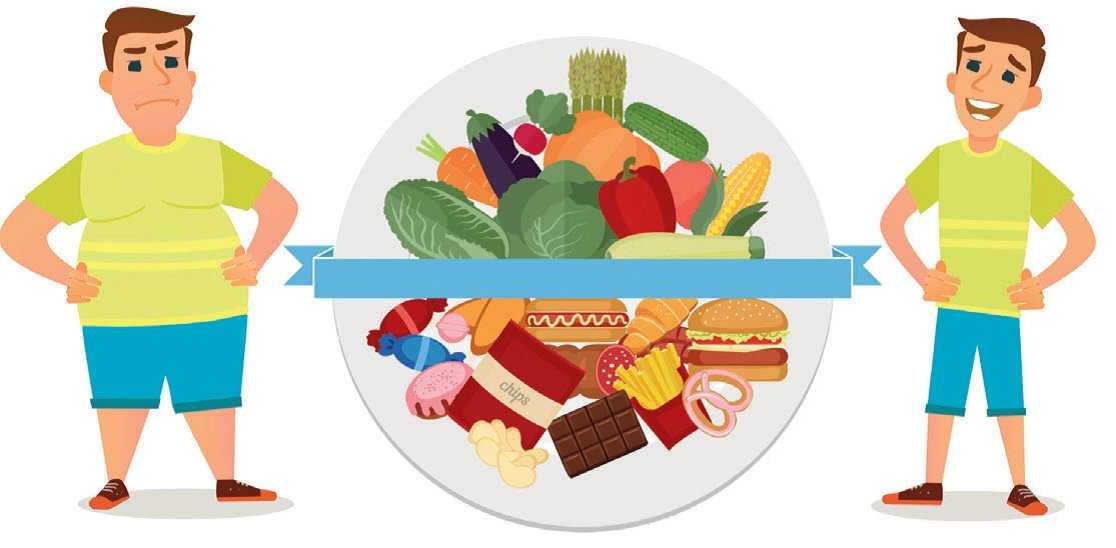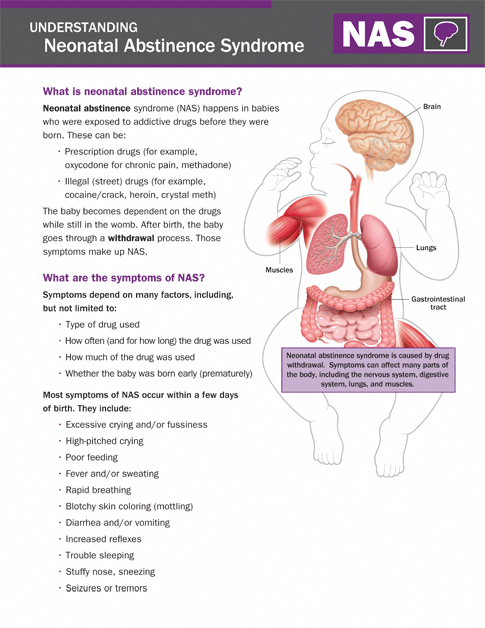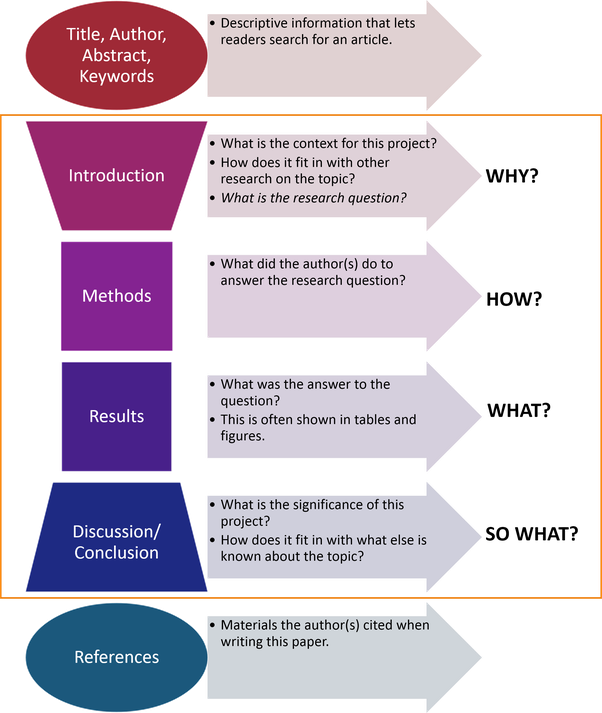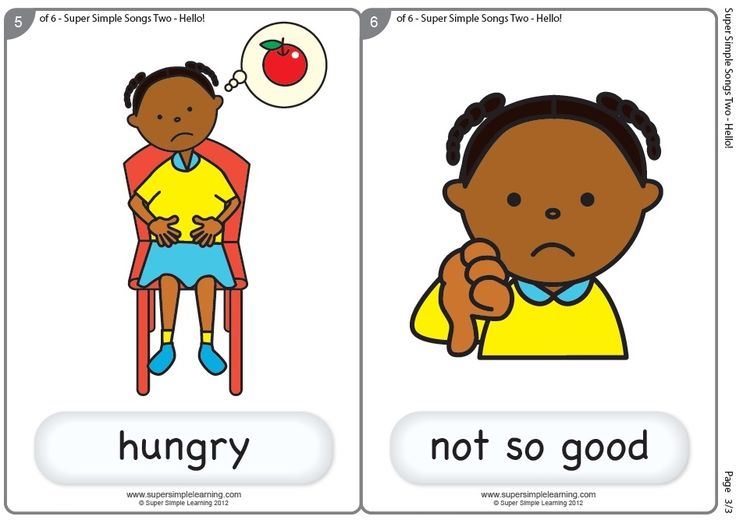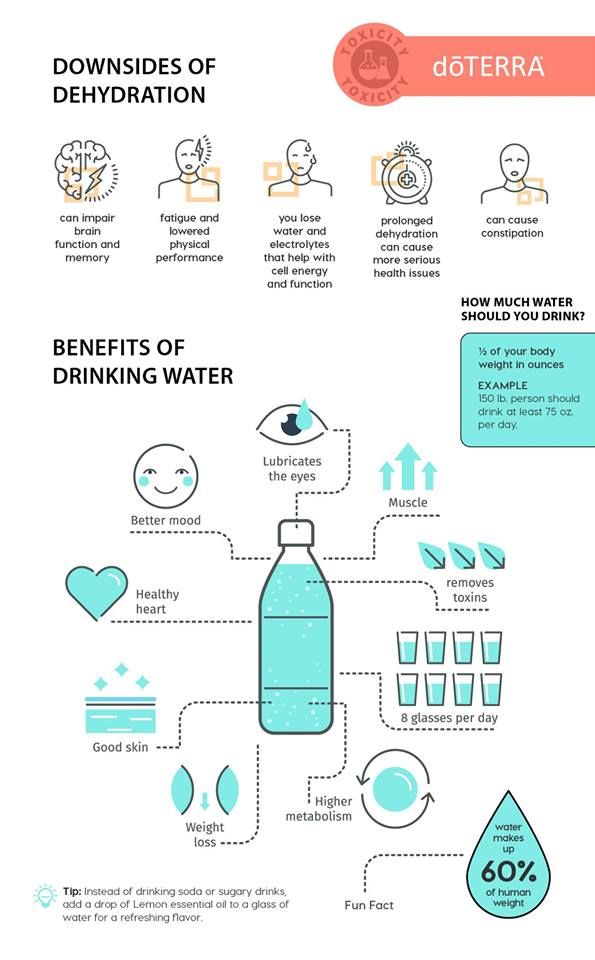Baby day sleeping
Baby sleep: what to expect at 2-12 months
Baby sleep needs
Babies need sleep to grow and develop well. But babies’ sleep needs vary, just as the sleep needs of older children and adults do. Your baby might be doing well with more or less sleep than other babies the same age.
Your baby’s mood and wellbeing is often a good guide to whether your baby is getting enough sleep. If your baby is:
- wakeful and grizzly, they might need more sleep
- wakeful and contented, they’re probably getting enough sleep.
How baby sleep changes from 2 to 12 months
As they get older, babies:
- sleep less in the daytime
- are awake for longer between naps
- have longer night-time sleeps and wake less at night
- need less sleep overall.
2-3 months: what to expect from baby sleep
At this age, babies sleep on and off during the day and night. Most babies sleep for 14-17 hours in every 24 hours.
Young babies sleep in cycles that last 50-60 minutes. In young babies, each cycle is made up of active sleep and quiet sleep. Babies move around and grunt during active sleep, and sleep deeply during quiet sleep.
At the end of each cycle, babies wake up for a little while. They might grizzle or cry. They might need help to settle for the next sleep cycle.
At 2-3 months, babies start developing night and day sleep patterns. This means they tend to start sleeping more during the night.
Around 3 months: what to expect from baby sleep
Babies keep developing night and day sleep patterns.
Their sleep cycles consist of:
- light sleep, when baby wakes easily
- deep sleep, when baby is sound asleep and very still
- dream sleep, when baby is dreaming.
Sleep cycles also get longer, which might mean less waking and resettling during sleep. At this age, some babies might regularly be having longer sleeps at night – for example, 4-5 hours.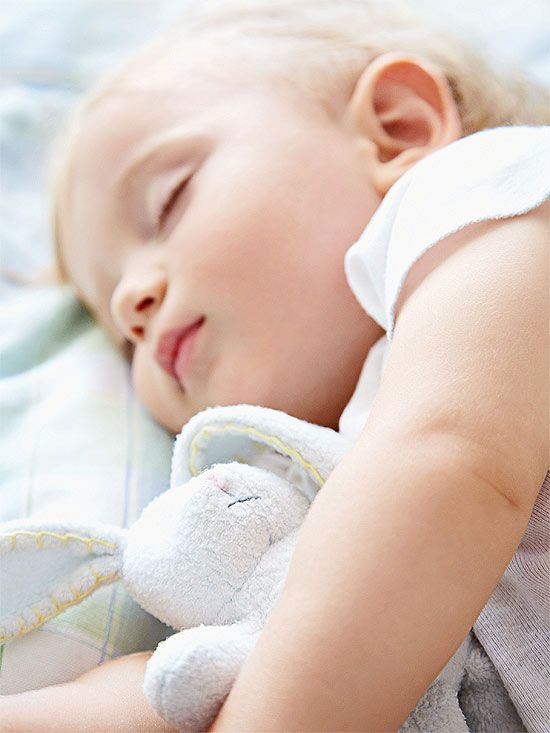
Most babies still sleep for 14-17 hours in every 24 hours.
3-6 months: what to expect from baby sleep
At this age, most babies sleep for 12-15 hours every 24 hours.
Babies might start moving towards a pattern of 2-3 daytime sleeps of up to two hours each.
And night-time sleeps get longer at this age. For example, some babies might be having long sleeps of six hours at night by the time they’re six months old.
But you can expect that your baby will still wake at least once each night.
6-12 months: what to expect from baby sleep
Babies sleep less as they get older. By the time your baby is one year old, baby will probably sleep for 11-14 hours every 24 hours.
Sleep during the night
From about six months, most babies have their longest sleeps at night.
Most babies are ready for bed between 6 pm and 10 pm. They usually take less than 40 minutes to get to sleep, but some babies take longer.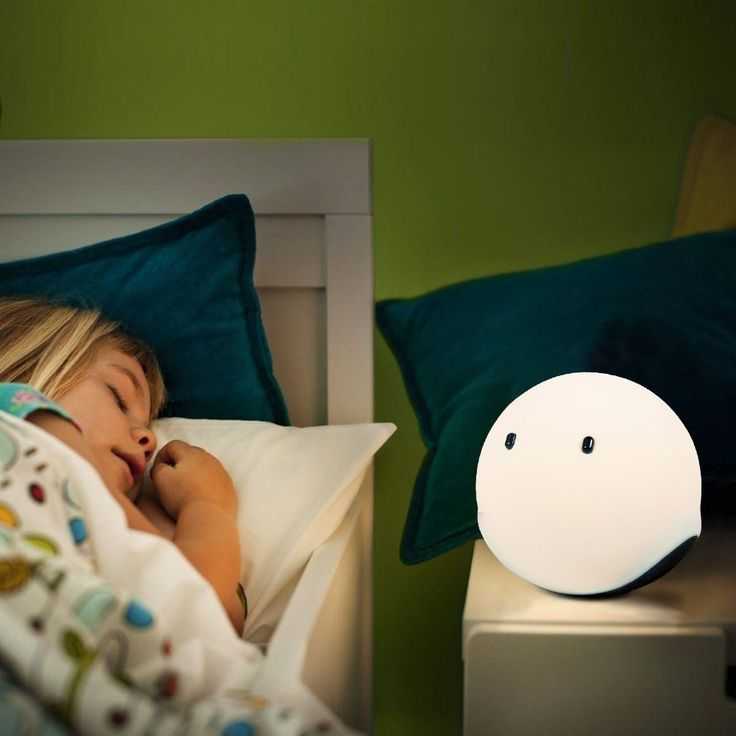
At this age, baby sleep cycles are closer to those of grown-up sleep – which means less waking at night. So your baby might not wake you during the night, or waking might happen less often.
But many babies do wake during the night and need an adult to settle them back to sleep. Some babies do this 3-4 times a night.
Sleep during the day
At this age, most babies are still having 2-3 daytime naps that last for between 30 minutes and 2 hours.
6-12 months: other developments that affect sleep
From around six months, babies develop many new abilities that can affect their sleep or make them more difficult to settle:
- Babies learn to keep themselves awake, especially if something interesting is happening, or they’re in a place with a lot of light and noise.
- Settling difficulties can happen at the same time as crawling. You might notice your baby’s sleep habits changing when baby starts moving around more.

- Babies learn that things exist, even when they’re out of sight. Now that your baby knows you exist when you leave the bedroom, baby might call or cry out for you.
- Separation anxiety is when babies get upset because you’re not around. It might mean your baby doesn’t want to go to sleep and wakes up more often in the night. As babies mature they gradually overcome this worry.
6-12 months: night-time feeding
From around six months of age, if your baby is developing well, it’s OK to think about night weaning and phasing out night feeds. But if you’re comfortable with feeding your baby during the night, there’s no hurry to phase out night feeds.
You can choose what works best for you and your baby.
A rollover feed is a late feed somewhere between 10 pm and midnight. Some parents find that rollover feeds help babies sleep longer towards morning. If this works for you and your baby, it’s fine to give baby a rollover feed.
Concerns about baby sleep
If you’re concerned about your baby’s sleep, it can be a good idea to track your baby’s sleep for a week or so.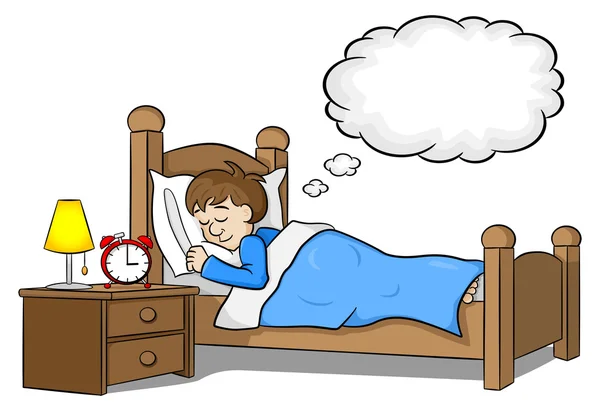 This can help you get a clear picture of what’s going on.
This can help you get a clear picture of what’s going on.
You can do this by drawing up a simple chart with columns for each day of the week. Divide the days into hourly blocks, and colour the intervals when your baby is asleep. Keep your chart for 5-7 days.
Once completed, the chart will tell you things like:
- when and how much sleep your baby is getting
- how many times your baby is waking during the night
- how long your baby is taking to settle after waking.
You can also record how you tried to resettle your baby and what worked or didn’t work.
Then you can compare the information in your chart with the general information about baby sleep needs above:
- How does your child compare to other babies the same age? If your baby is wakeful and grizzly and getting much less sleep than others, your baby might need more opportunities for sleep.
- How many times is your baby over six months old waking up during the night? If it’s 3-4 times a night or more, you might be feeling very tired.
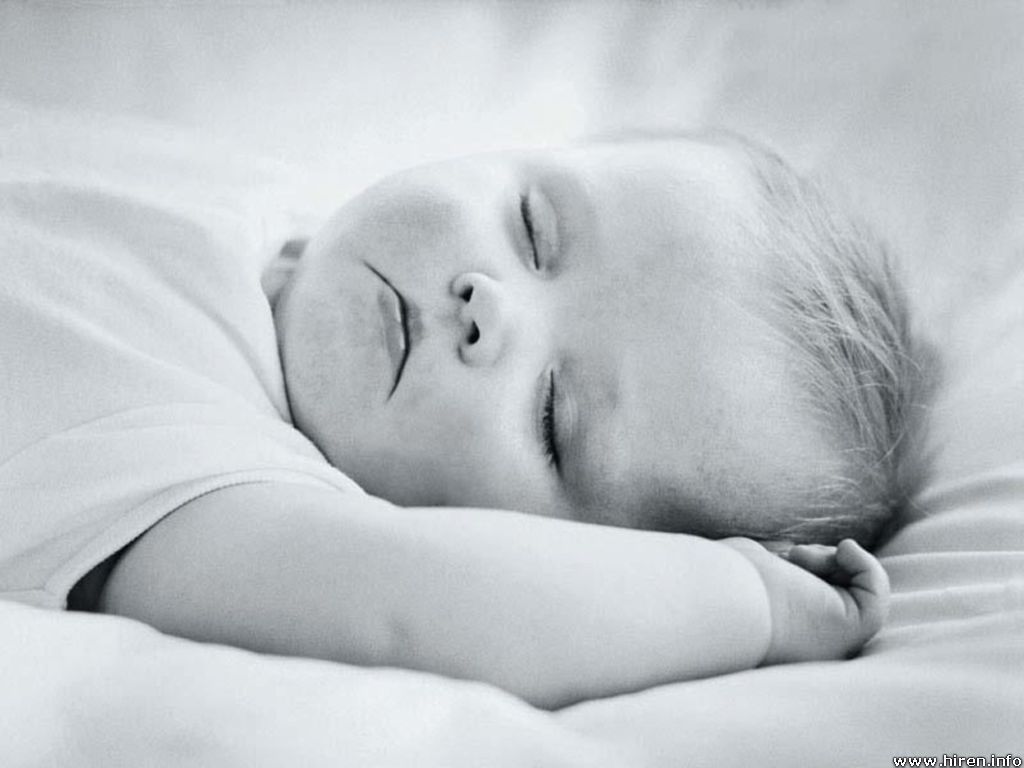 You might want to think about phasing out some of your baby’s sleep habits.
You might want to think about phasing out some of your baby’s sleep habits.
If you decide you need to see a professional for help with your baby’s sleep, take your chart with you.
If you’re concerned about your baby’s sleep, it’s a very good idea to see a child health professional for help. You could start by talking with your GP or child and family health nurse.
How baby sleep patterns affect grown-ups
Babies and grown-ups need sleep for wellbeing, but babies sleep differently from adults. Most parents of babies under six months of age get up in the night to feed and settle their babies. For many, this keeps going after six months.
Some parents are OK with getting up a lot at night as long as they have enough support and they can catch up on sleep at other times. For others, getting up in the night over the long term has a serious effect on them and their family lives.
The quality of your sleep can affect your health and your mood. Being exhausted can make it hard to give your baby positive attention during the day.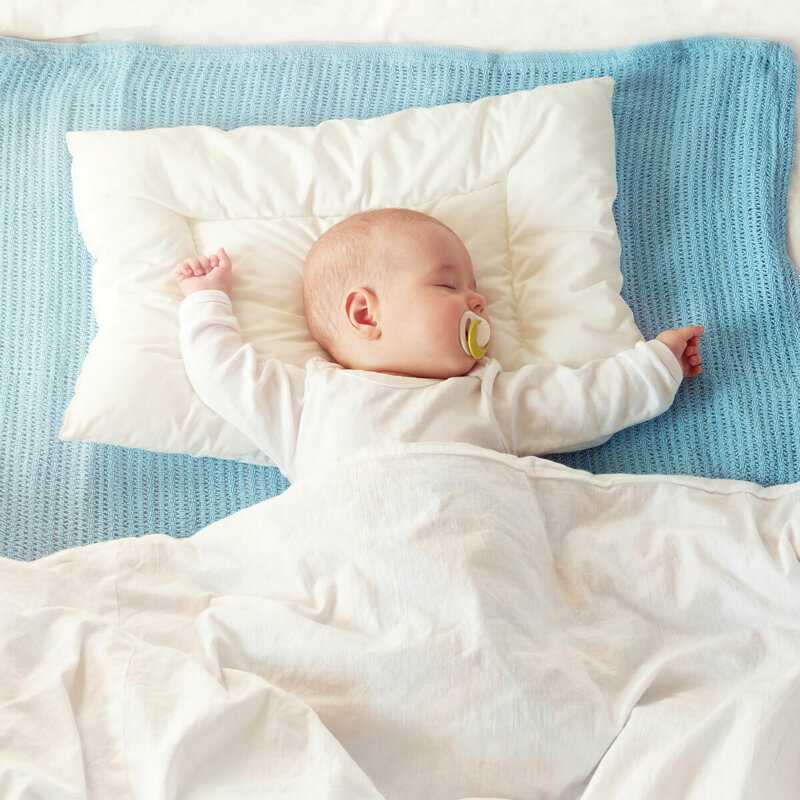 And your relationship with your baby and the time and attention you give baby during the day can affect the quality and quantity of baby’s sleep.
And your relationship with your baby and the time and attention you give baby during the day can affect the quality and quantity of baby’s sleep.
So it’s important that you get some help if you’re not getting enough sleep. You could start by asking family or friends for help. And if you feel that lack of sleep is affecting you mentally or emotionally, it’s a very good idea to talk with your GP or another health professional.
There’s a strong link between baby sleep difficulties and symptoms of postnatal depression in women and postnatal depression in men. But the link isn’t there if parents of babies with sleep difficulties are getting enough sleep themselves.
Languages other than English
- Arabic (PDF: 471kb)
- Dari (PDF: 469kb)
- Karen (PDF: 298kb)
- Persian (PDF: 420kb)
- Simplified Chinese (PDF: 502kb)
- Vietnamese (PDF: 324kb)
Baby sleep patterns by age
Baby sleep patterns by age | Pregnancy Birth and Baby beginning of content4-minute read
Listen
Babies have different sleep patterns. Some take long day naps while others only have quick naps. Some wake up frequently through the night while others may sleep through or wake up occasionally. Their sleep patterns can also change a lot in the first year. While each baby is different, it may help you to understand how babies' sleep cycles differ from those of adults and also what to expect at each stage.
Some take long day naps while others only have quick naps. Some wake up frequently through the night while others may sleep through or wake up occasionally. Their sleep patterns can also change a lot in the first year. While each baby is different, it may help you to understand how babies' sleep cycles differ from those of adults and also what to expect at each stage.
Normal baby sleep versus adult sleep
Babies under 1 are naturally lighter sleepers compared with adults. They spend more of their sleeping time in 'active sleep' instead of 'quiet sleep'.
In active sleep, babies breathe shallowly and twitch their arms and legs. Their eyes flutter under their eyelids. Babies can be easily woken up from active sleep.
By comparison, adults and adolescents tend to have more quiet sleep, where they lie still and breathe deeply.
Everybody has a cycle, where their sleep varies from light to deep. Adults' sleep cycles are usually about 90 minutes. Babies' sleep cycles are usually about 40 minutes, so they tend to wake up more often.
All babies are different
Babies are little individuals so they are all different. The information below is a general guide and your baby might be different. Try not to spend too much time comparing how your baby sleeps with other babies. For advice or support at any time, call Pregnancy, Birth and Baby on 1800 882 436.
Birth to 3 months
- Newborns sleep on and off through the day and night.
- The total sleep varies between babies — it can be from around 8 to 18 hours a day.
- They tend to sleep only in short stretches because they need to be fed and changed regularly.
- Newborns generally sleep very lightly: they spend half of their sleeping time in active sleep.
- Also, a newborn has not learnt to sleep when it is dark. They usually start to learn this rhythm of day and night when they are about 6 weeks old. You can help your newborn to learn to sleep more at night by exposing them to light and playing with them during the day, and providing a dim and quiet environment at night.

Three to 6 months
- At this age, your baby might have 3 daytime naps of up to 2 hours each.
- Most will sleep 14 to 15 hours of sleep in total a day, with some babies sleeping up to 8 hours at night.
- The amount of active sleep starts to reduce and they begin to enter quiet sleep at the beginning of their sleep cycles.
- They still tend to wake up at least once during the night.
Six to 12 months
- From about 6 months old, your baby's sleep patterns are more like yours.
- At this age, babies sleep an average of about 13 hours in total a day. They tend to sleep the longest period at night, averaging about 11 hours.
- Your baby will start dropping their number of daytime naps to about 2. Their naps are usually about 1 to 2 hours.
- In general, babies may wake up less frequently during the night because they do not need to be fed as often.
- Most babies will wake only once during the night and need settling back to sleep.
 Some will still wake up more often.
Some will still wake up more often. - At this age, babies may start to worry about being away from their parent or carer. This may make it longer for babies to fall asleep and may temporarily increase night wakings.
- Regular daytime and bedtime routines may help your baby to fall and stay asleep.
After 12 months
- From 12 months old, babies tend to sleep better. As they approach their first birthday, babies tend to sleep longer, wake up less often, take a nap once or twice during the day and sleep more at night. By the time they turn 1 year old, babies are likely to be sleeping 8 to 12 hours a night, waking only once or twice in that time.
Sources:
National Sleep Foundation (Children and sleep), Pregnancy, Birth and Baby (Getting your baby to sleep), Raising Children Network (Sleep needs for babies), Raising Children Network (Baby sleep: 2-12 months), Journal of Paediatrics and Child Health (Teng A et al - Infant and toddler sleep in Australia and New Zealand (2012;48:268-73))Learn more here about the development and quality assurance of healthdirect content.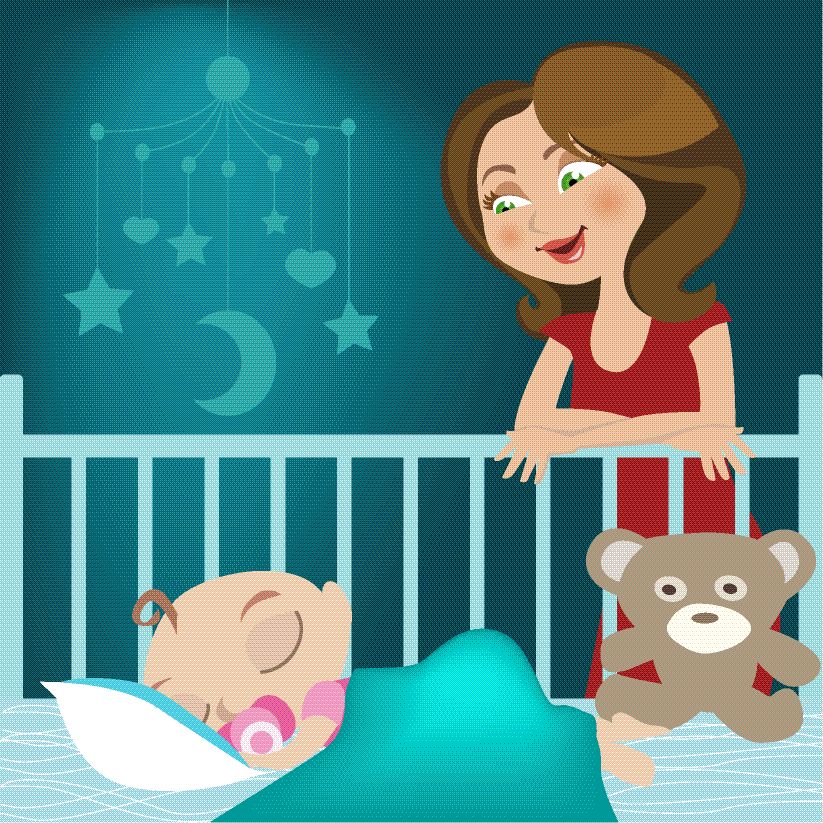
Last reviewed: January 2021
Back To Top
Related pages
- Getting your baby to sleep
- Safe sleep for babies
- Your baby’s growth and development – first 12 months
Need further advice or guidance from our maternal child health nurses?
1800 882 436
Video call
- Contact us
- About us
- A-Z topics
- Symptom Checker
- Service Finder
- Subscribe to newsletters
- Sign in
- Linking to us
- Information partners
- Terms of use
- Privacy
Pregnancy, Birth and Baby is funded by the Australian Government and operated by Healthdirect Australia.
Pregnancy, Birth and Baby’s information and advice are developed and managed within a rigorous clinical governance framework.
This site is protected by reCAPTCHA and the Google Privacy Policy and Terms of Service apply.
Healthdirect Australia acknowledges the Traditional Owners of Country throughout Australia and their continuing connection to land, sea and community. We pay our respects to the Traditional Owners and to Elders both past and present.
This information is for your general information and use only and is not intended to be used as medical advice and should not be used to diagnose, treat, cure or prevent any medical condition, nor should it be used for therapeutic purposes.
The information is not a substitute for independent professional advice and should not be used as an alternative to professional health care.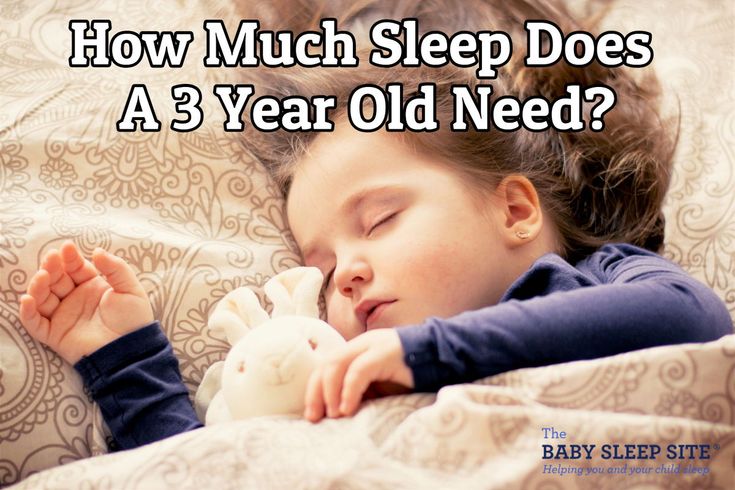 If you have a particular medical problem, please consult a healthcare professional.
If you have a particular medical problem, please consult a healthcare professional.
Except as permitted under the Copyright Act 1968, this publication or any part of it may not be reproduced, altered, adapted, stored and/or distributed in any form or by any means without the prior written permission of Healthdirect Australia.
Support this browser is being discontinued for Pregnancy, Birth and Baby
Support for this browser is being discontinued for this site
- Internet Explorer 11 and lower
We currently support Microsoft Edge, Chrome, Firefox and Safari. For more information, please visit the links below:
- Chrome by Google
- Firefox by Mozilla
- Microsoft Edge
- Safari by Apple
You are welcome to continue browsing this site with this browser. Some features, tools or interaction may not work correctly.
World Sleep Day - March 17th.
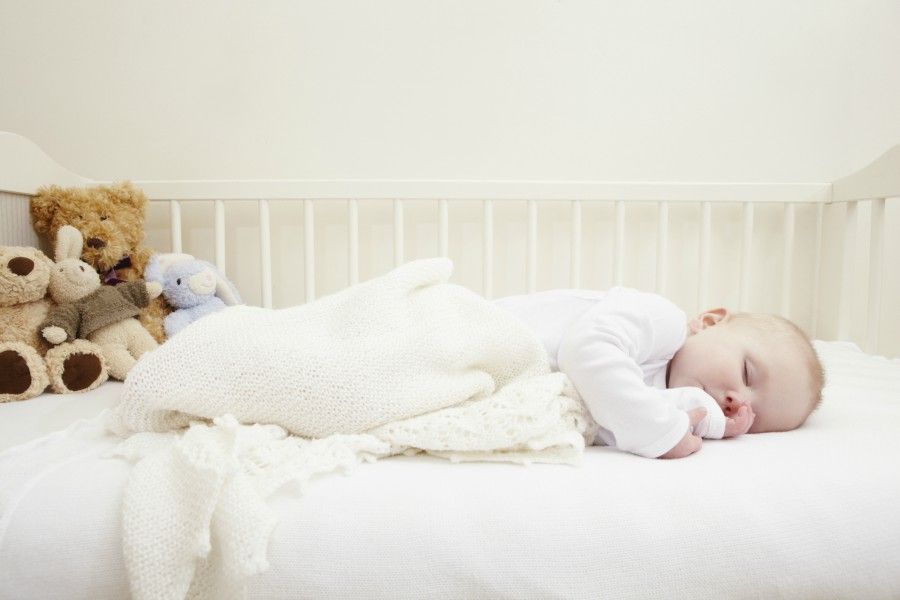 The history and features of the holiday in the project Calendar of Holidays 2023
The history and features of the holiday in the project Calendar of Holidays 2023 For the normal functioning of the body, children need to sleep at least 10 hours a day (Photo under stock license)
International Sleep Day Committee of the World Association of Sleep Medicine (WASM) and has since been held annually on the Friday before the vernal equinox. Each year, the events within the day are dedicated to a specific theme.
Sleep is a special form of the organism's existence, no less complex than daytime wakefulness. During a properly flowing sleep, the body restores the forces spent on daytime activity, “puts itself in order”. That is why a healthy person wakes up with a feeling of freshness and a surge of strength.
On World Sleep Day, public service announcements are activated, conferences and symposiums are held to raise awareness of the importance of sleep, sleep problems and the impact of sleep disorders on human health and society as a whole.
A balanced diet, proper organization of the daily routine, sufficient time for sleep are necessary conditions for maintaining physical and mental health for many years.
On average, each person spends a third of his life in a dream. During sleep, we have a minimum level of brain activity and reduced reactions.
It has been proven that long periods of “lack of sleep” negatively affect the quality of life: sense of humor disappears, irritability, isolation, obsession with the same problems appear. Losing just 4 hours of sleep reduces response by 45%. Memory worsens, exacerbation of various diseases is possible.
Doctors call poor sleep a stepping stone to future strokes, heart attacks, hypertension and other serious diseases. At the same time, normal sleep is one of the effective ways to prevent cardiovascular and many other diseases, obesity. Experts say that lack of sleep not only reduces performance, but also leads to nervous disorders. Sleep helps the brain get rid of everything superfluous by “clearing” unnecessary proteins from neural connections.
Try not to accumulate sleep deprivation... (Photo: wavebreakmedia, licensed from Shutterstock.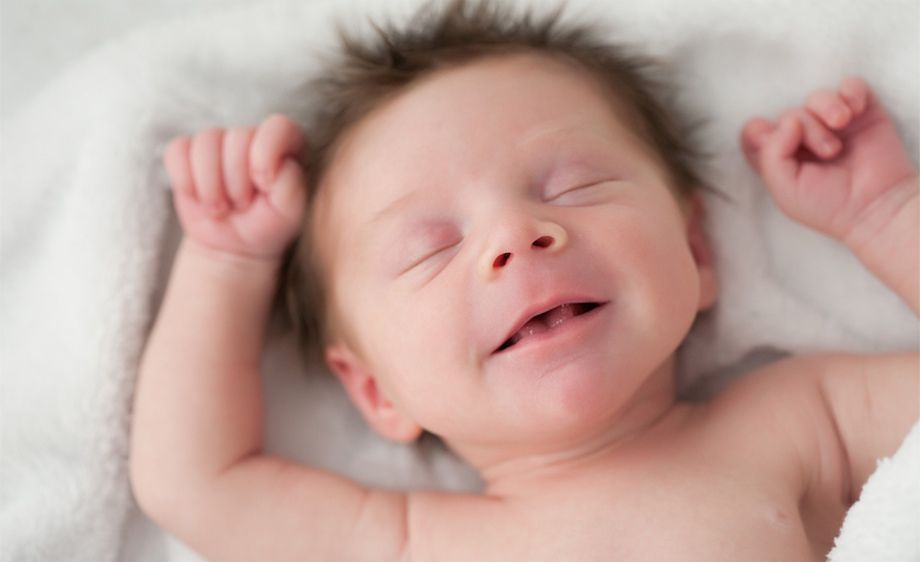 com)
com)
In order to get enough sleep, it is enough to follow a few simple rules. Try not to accumulate periods of "lack of sleep." Do not take alcohol and caffeinated products before bedtime - they negatively affect the nervous system. It is known that harms the quality of sleep and then, if you go to bed hungry or, conversely, having eaten heavily. After dinner and before bedtime, about 4 hours should pass.
However, sleeping too much is no less harmful than not getting enough sleep . According to scientists, the ideal duration of sleep for an adult is 7-8 hours a day. Some experts believe that women need an extra hour of sleep because they are more emotional. Children need at least 10 hours of sleep a day to function properly. Adequate sleep can reduce their manifestations of attention deficit hyperactivity disorder and improve behavior.
Let this holiday be another reason to pay attention to your sleep, and, therefore, to your health. Pleasant, healthy, full sleep!
Interestingly, in July, a popular holiday is celebrated in Finland - Dormouse Day.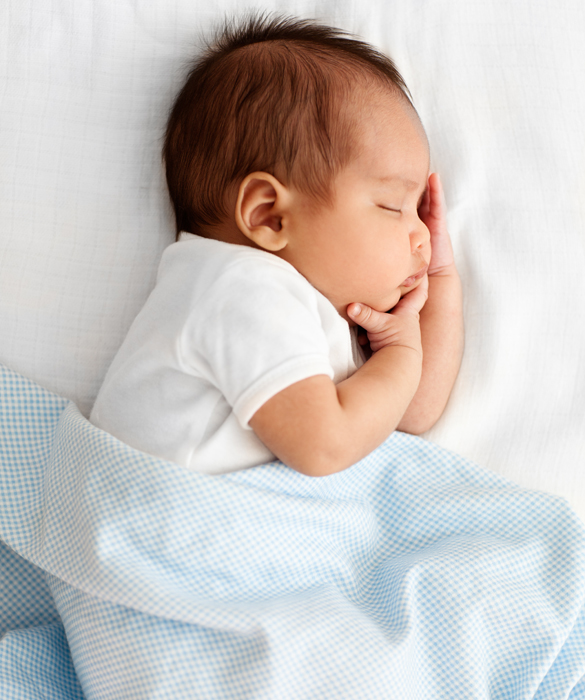 And in recent years, the Day of Public Sleep, celebrated at the end of February, is gaining more and more distribution and popularity.
And in recent years, the Day of Public Sleep, celebrated at the end of February, is gaining more and more distribution and popularity.
what date, history and traditions of the holiday
Sleep (lat. somnus) is a natural physiological state opposite to the state of wakefulness, characterized by a reduced reaction to the surrounding world.
According to WHO, an adult needs six to eight hours of sleep per night. The dangers of lack of sleep have been discussed many times. It significantly affects the quality of life, mood, performance, well-being, accelerates the aging process.
Chronic lack of sleep also has a negative effect on the brain. A day without sleep leads to the appearance of chemical processes in the brain, leading to mental disorders. Two days later, the hormonal background changes and neural connections are disrupted. And after three or more days without sleep, brain cells begin to break down, and the load on internal organs, especially the heart, also increases.
When is World Sleep Day in 2023
World Sleep Day is celebrated every year on the Friday before the vernal equinox. In 2023, it will fall on March 17, .
History of the holiday
The holiday was initiated by the World Sleep Day Committee of the World Association of Sleep Medicine (WASM). Its purpose was to attract public attention to the problem of sleep, the prevention and treatment of sleep disorders and the promotion of healthy sleep.
Each year has its own motto. The first World Sleep Day was held in 2008 under the slogan "Sleep tight, live well".
Traditions of the holiday
Various events, conferences, round tables, symposiums dedicated to sleep, its problems, the impact of sleep disorders on diseases and disorders coincide with World Sleep Day.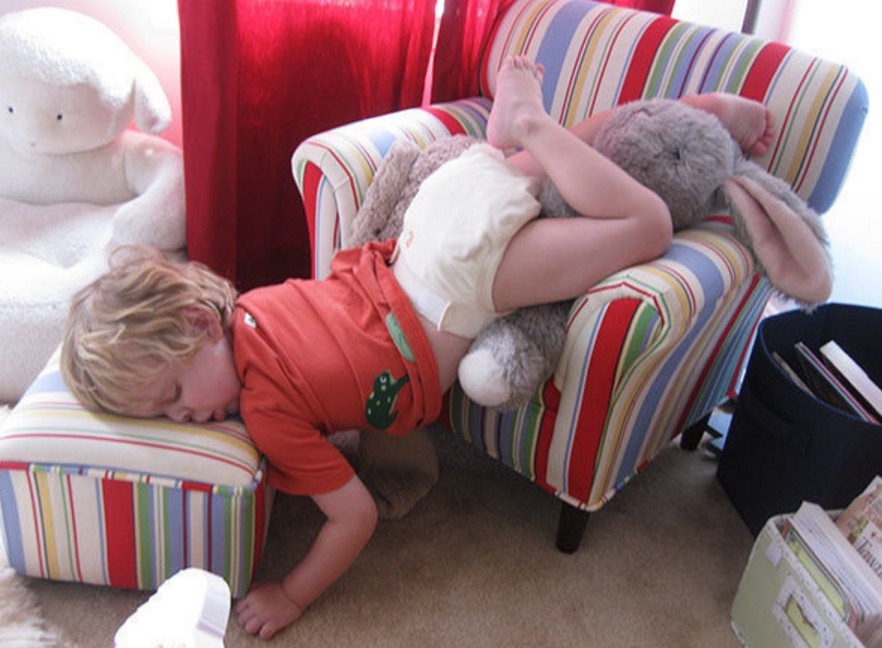 Social advertising is activated in the media.
Social advertising is activated in the media.
Dormouse Day
In Finland annually July 27, is Dormouse Day (Fin. Unikeonpäivä). The history of the holiday goes back to the legend of the seven Christians - the seven youths of Ephesus, who slept for almost 200 years in a cave, fleeing the wrath of the Roman emperor.
Their memorial day has been celebrated since 1652. And since the 1950s, a new tradition has appeared: residents chose an “honorary dormouse” and threw it into the water. In Naantali, this position is given to a citizen who has made a significant contribution to the life of the city. So, at least once during his election term, the mayor was thrown into the water.
Interesting facts about sleep
- Somnology is a science that deals with the study, diagnosis and treatment of sleep disorders.
- While sleeping, August Kekule discovered the formula for benzene.
- According to legend, DI Mendeleev discovered the periodic table of chemical elements in a dream.

- Paul McCartney, a member of The Beatles, claims that he first heard the melody that later became the hit "Yesterday" in his sleep.
- Dreams occupy only 15-20% of the total time spent in sleep.
- Approximately one and a half hours after falling asleep, a person begins to dream.
- Overweight problems and lack of sleep are linked: people who sleep less than 8 hours a day are more likely to overeat and become obese.
- After 16 hours without sleep, people's performance drops significantly.
- Man is the only mammal capable of consciously depriving himself of sleep.
- Some animals, such as cows, horses and elephants, can sleep standing up, and flamingos can sleep standing up on one leg. Hippos can sleep underwater - they come up to the surface every 3-5 minutes to breathe air, but do not wake up.
Gods of sleep
In the myths of different nations, we can meet gods - patrons of sleep.
In ancient Greece, the main deity of sleep and dreams was Hypnos.